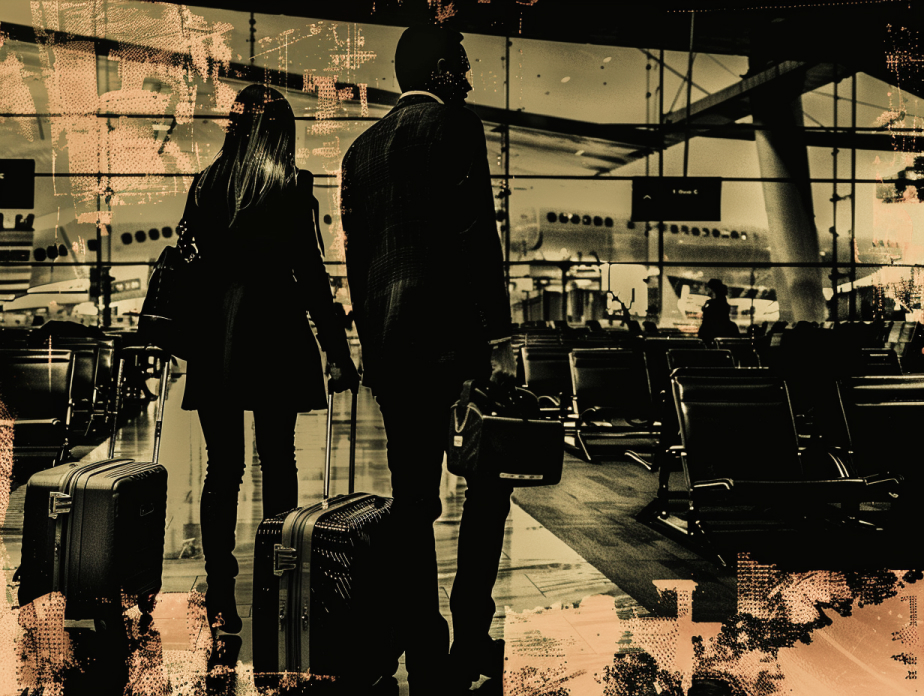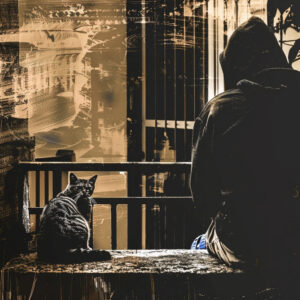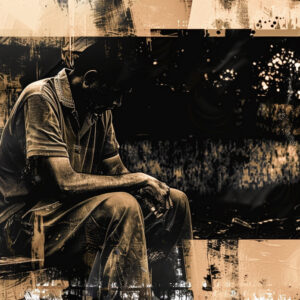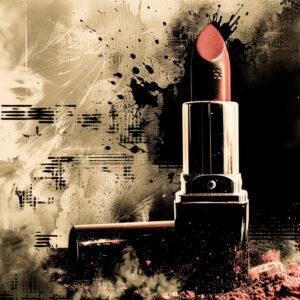They say: The farther you are from humans, the more the bonds of love increase…

“Ghadan Naltaqi” series was exceptional in the Syrian and Arab tv drama. The important question is: what made this work exceptional? Almost every article or press column describes the series as a statement of displacement, homelessness and fragmentation that Syrian society has suffered for years, but on another level – this work does not only address the problem of displacement, despite the writer portraying the great suffering faced by the majority of the people due to the cruelty of war and its negative consequences on social life in all its details, but more than that, the work examines the relationships of human beings, who are similar in human feelings (in love, desire, waiting and the awaited dream).
“Ghadan Naltaqi” is an integrated work that monitors the impulses of the human soul in more than wonderful artistic terms, far from vulgarity and investment in the pain of the Syrians. With regard to the two brothers (Jaber and Mahmoud), who represent two different faces, (Mahmoud) from the point of view of many represents the opposition, and (Jaber) represents the regime. In a frank and correct reading, the analogy seems more than that. During the war, there were groups that wreaked corruption in the country, and groups that went rich and grew wings after the events of 2011. (Jaber and Mahmoud) are the people of all sects, which brings together many contradictions (with its breaks, desires, pain, and similar emotions).
Warda is an eloquent analogy to Syria (dreaming, beloved, coveted as a virgin girl who loves life), but she works in washing the dead, which is the profession that she took from her mother, as if Warda and her profession are destiny that embodies the Syrian reality that lives between life and death and waits for (the dream), which leaves us In a state of astonishment in front of a vague screen like our lopsided vision and choices. As for (Ehab’s mother), the mother is immersed in a lot of astonishment, amazement and a lively conscience who watches events with some helplessness and silence in ourselves when she sees the children killing each other. We cannot ignore the distinguished role played by (Taysir Idris) in the character of (Abu Laila), the Palestinian leftist, who stole his son’s money to lose it in a gambling game. It is a metaphor for the condition of the majority of Palestinian intellectuals who lost their revolution and struggle in their losing bets on Arab regimes that failed them, traded in their blood and left them in the countries of asylum. The dabkeh is clear indicative of (nostalgia) preserving the Palestinian identity and restoring its roots, or it may be indirect hints of a new reality of displacement awaiting them.
(Abu Laila) represents an exceptional character in the way of (clothes and hairdressing). He is a lively and vibrant version of the revolutionary leftist who dreams of (free) Arab homeland and (liberated) Palestine, adding to the series a unique and expressive touch of art to a large extent. As for Guevara, he is similar to his father. Between (the Palestinian Dabke Nostalgia), and the cacophony of his voice in the Islamic vocal group, his alienation is always renewed as an old Palestinian dream that will never end. “Ghadan Naltaqi”, a drama that is very similar to us with its driving force and our renewed dream to meet, perhaps today – tomorrow – or after a while.



